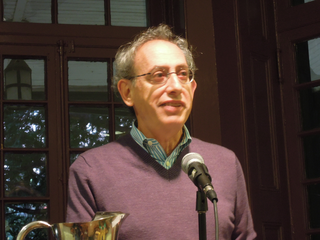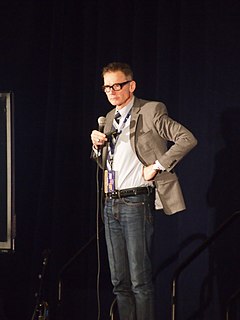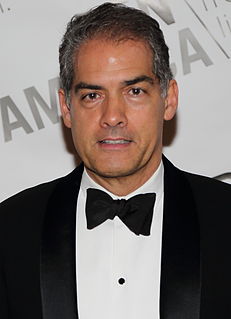A Quote by Kenneth Clark
It would be unfair to say that I prefer the back of a book to its contents, but it is true that the sight of a lot of books gives me the hope that I may some day read them, which sometimes develops into the belief that I have read them.
Related Quotes
It takes me about a week and a half to read the typical book. I don't know how many ten-day spans I have left. Eventually the unread books on my shelves will have to be abandoned, or they will join me on the pyre. The book I'm about to purchase may be among them. We all buy books we won't live to read.
As a historically voracious reader - pre-baby, I averaged a book every week or two, and when I was a kid, I'd routinely read a book a day - I never understood how some people could not read. When I heard people say they didn't have time to read, in my head, I simultaneously pitied and ridiculed them: there was always time to read.
Question four: What book would you give to every child? Answer: I wouldn't give them a book. Books are part of the problem: this strange belief that a tree has nothing to say until it is murdered, its flesh pulped, and then (human) people stain this flesh with words. I would take children outside and put them face to face with chipmunks, dragonflies, tadpoles, hummingbirds, stones, rivers, trees, crawdads. That said, if you're going to force me to give them a book, it would be The Wind In The Willows, which I hope would remind them to go outside.
I have learned that my assignment is to write books for people who do not like to read books. I really try to connect with people who are not given to spending a lot of time with an open book. Pay day to me is when somebody comes up to me and says, "I never read books but I read yours." I have a heart for that person.
In a New York Post interview, Judy Blume, author of young-adult fiction, gave this advice on getting your kids to read: "Moms come up to me at book signings and describe how they're telling their daughters, 'These were my favorite books,'?" she says. "I say, 'Quit it! That's the biggest turnoff!'"You want to get them to read them, leave them around the house and every so often, say, 'You're not ready to read this yet.'



































